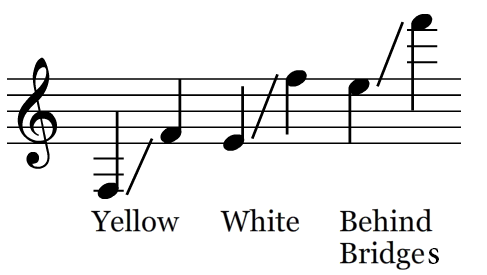|
Ta Xila
Ta Xila is a song played for a traditional couple dance on the island of Lesvos. Played on santouri The santur (also ''santūr'', ''santour'', ''santoor'') ( fa, سنتور), is a hammered dulcimer of Iranian origins.--- Rashid, Subhi Anwar (1989). ''Al-ʼĀlāt al-musīqīyya al-muṣāhiba lil-Maqām al-ʻIrāqī''. Baghdad: Matbaʻat al-ʻ ... (cimbalom), it can be done as a ''syrto'' dance by a couple, and in groups of four. It is particularly popular at weddings and social gatherings. According to oral tradition, the four-beat instrumental song was created as a working song, based on a Turkish patinada. References External links Ta Xila tune and dance {{Greek dances Greek dances ... [...More Info...] [...Related Items...] OR: [Wikipedia] [Google] [Baidu] |
Couple Dance
Partner dances are dances whose basic choreography involves coordinated dancing of two partners, as opposed to individuals dancing alone or individually in a non-coordinated manner, and as opposed to groups of people dancing simultaneously in a coordinated manner. United States dance history Prior to the 20th century, many ballroom dance and folk dances existed in America. As jazz music developed at the start of the 20th century, Black American communities in tandem developed the Charleston and eventually the Lindy Hop by the end of the 1920s. Many cities had regular local competitions such as the Savoy Ballroom which accelerated the development and popularization of the dance. The dances were introduced to wider public through movies and regular performances such as those done at the Cotton Club in New York. An unusual (for the time) feature of the dance was the inclusion of sections where the dancers would move apart from each other and perform individual steps (known as th ... [...More Info...] [...Related Items...] OR: [Wikipedia] [Google] [Baidu] |
Lesvos
Lesbos or Lesvos ( el, Λέσβος, Lésvos ) is a Greek island located in the northeastern Aegean Sea. It has an area of with approximately of coastline, making it the third largest island in Greece. It is separated from Asia Minor by the narrow Mytilini Strait. On the southeastern coast lies the island's capital and largest city, Mytilene, whose name is also used as a moniker for the island. The regional unit of Lesbos, with the seat in Mytilene, comprises the islands of Lesbos, Chios, Ikaria, Lemnos, and Samos. Mytilene is also the capital of the larger North Aegean region. The population of the island is 83,068, a third of whom live in the capital, while the remainder is distributed in small towns and villages. The largest are Plomari, Kalloni, the Gera Villages, Agiassos, Eresos, and Molyvos (the ancient Mythimna). According to later Greek writers, Mytilene was founded in the 11th century BC by the family Penthilidae, who arrived from Thessaly and ruled the city-state unt ... [...More Info...] [...Related Items...] OR: [Wikipedia] [Google] [Baidu] |
Santouri
The santur (also ''santūr'', ''santour'', ''santoor'') ( fa, سنتور), is a hammered dulcimer of Iranian origins.--- Rashid, Subhi Anwar (1989). ''Al-ʼĀlāt al-musīqīyya al-muṣāhiba lil-Maqām al-ʻIrāqī''. Baghdad: Matbaʻat al-ʻUmmāl al-Markazīyya. History The santur was invented and developed in the area of Iran and Mesopotamia. "The earliest sign of it comes from Assyrian and Babylonian stone carvings (669 B.C.); it shows the instrument being played while hanging from the player's neck" (35). This instrument was traded and traveled to different parts of the Middle East. Each country customized and designed its own versions to adapt to their musical scales and tunings. The original santur was made with wood and stones and strung with goat intestines. The Mesopotamian santur has been claimed to be the father of the harp, the Chinese yangqin, the harpsichord, the qanun, the cimbalom, and the American and European hammered dulcimers. Name The name 'santur ... [...More Info...] [...Related Items...] OR: [Wikipedia] [Google] [Baidu] |

